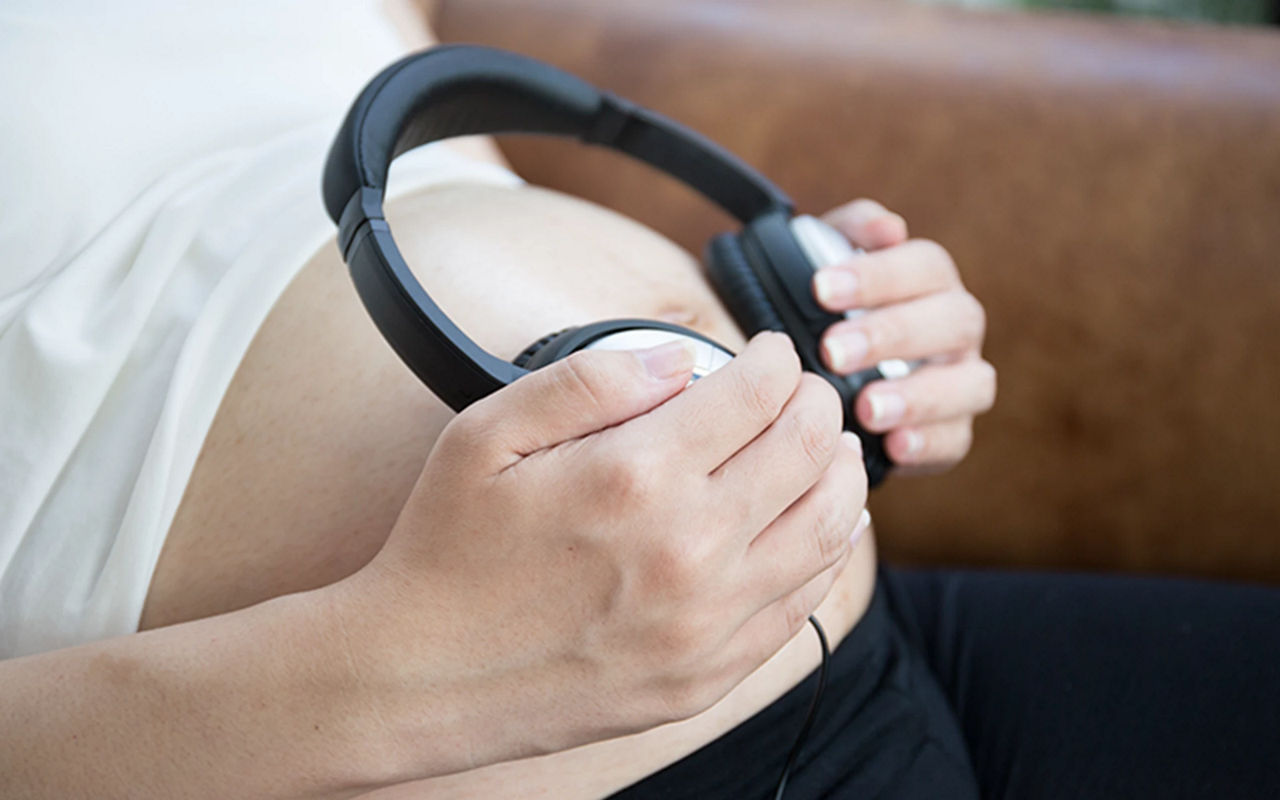Hello in there
Why talk to your baby before birth?
Talking to your bump is one of the best ways to bond with your baby. Discover from foetal learning expert, Dr Eino Partanen, how your voice soothes your baby, and helps them with their cognitive and emotional development long into childhood.
This article is part of a series in which we explore the benefits of talking to your bump. Learn more about how hearing your voice in the womb can affect your baby’s future language development through our Hello In There articles, videos and expert discussions.









